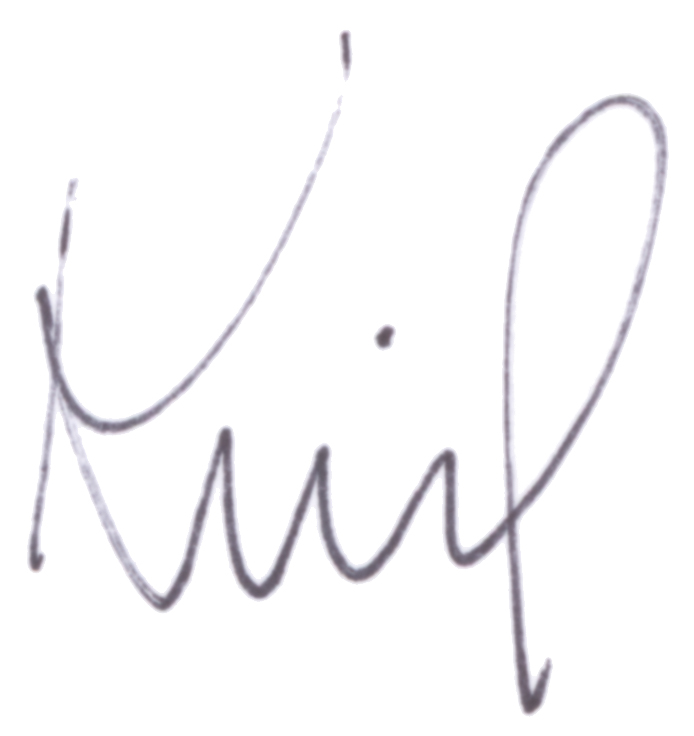efore I found my calling as a writer and editor, I spent nearly five years working at a global investment bank in New York City. While prestigious, the position was a terrible fit for me — I struggled daily to care about my work, and even when I stepped off the banking “fast track” (to the horror of my peers) to work instead in communications, few and far between were the stories I told about the bank’s activities and achievements that truly resonated with me.
Almost three decades later, I had occasion to dust off my knowledge of complex global financial institutions to write about Anne Finucane ’74, vice chairman of Bank of America and chairman of the board of Bank of America Europe. Anne is one of the most powerful women in business, and I was more than a little intimidated. But when I interviewed her over the summer, I came away struck by the depth of the bank’s commitment to using its size and its position to do good in the world — as well as Anne’s own dedication to the same causes, and her surprising sense of humor. It may well be that the banking world has changed significantly since I left it; it may also be that I worked for the wrong institution. I hope you enjoy reading about her and come away as convinced as I am that there isn’t a more deserving recipient of the university’s Social Innovator of the Year Award, an honor she will receive Dec. 1.

And of course, I hope you’ll set aside time for this issue’s stories. I particularly encourage you to read Keith Testa’s in-depth examination of the experience of Black students, faculty and staff — a timely reflection of a critical pain point in the larger world. While there are elements of the narrative that are deeply sobering, there is also real optimism, and a number of tangible ideas for moving forward.

Editor-in-chief, UNH Magazine